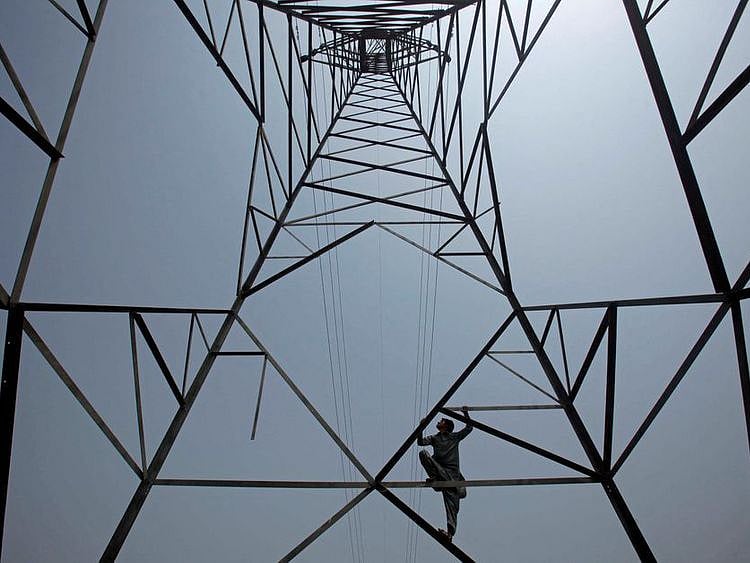Pakistan telecom operators warn of connectivity blackout due to power cuts
Government urged to take urgent steps to ensure provision of essential services to masses

Islamabad: The telecom industry has warned the government of extreme actions, including phone network and Internet service outages, due to extremely long power cuts and 100 per cent cash margin restriction on import of critical equipment and backup batteries.
In a letter to Pakistan Telecommunication Authority (PTA), the telecom companies highlighted the challenges faced by the sector due to “unplanned and prolonged loadshedding nationwide” especially in rural areas. They urged the Pakistan government to take urgent measures “to enable the telecom industry to keep providing essential telecom services to the masses.”
“Despite having backup power available in the form of generators and batteries, cellular operators are finding it almost impossible to cope with the quantum of these power outages that are beyond our dimensioned backup capacity,” leading cellular mobile operators Jazz, Telenor, Ufone and PTCL said in a letter.
They also deplored that the rapid increase in fuel prices placed extra constraints on the provision of generator backup for their base transceiver station (BTS) sites. “This extra fuel consumption for backup purposes is also contributing to further demand for fuel rather than supporting Government of Pakistan objective of rationalising fuel consumption across the board in these testing times.”
Another major challenge
The telecom companies also said that another major challenge is that the State Bank of Pakistan (SBP) had imposed a 100 per cent cash margin restriction on the import of critical telecom equipment, including batteries, servers, and routers.
A 100% cash margin requirement means telecom operators must deposit the total amount of the transaction value with their banks to initiate import transactions before the opening of letters of credit. This 10% to 100% increase has “severely dented our ability to roll out more sites” and “drastically impedes the addition of more backup capacity to counter extended power outages.”
Telecom companies have demanded the “provision of uninterrupted power to telecom sites across the country and immediate removal of 100% cash margin restriction on import of critical telecom equipment,” Pakistan’s Jazz mobile network operator spokesperson told Gulf News.
Earlier this month in a Senate committee meeting, the telecom operators warned of “connectivity outages” and disruption of ATM services due to prolonged power cuts and high taxes, local media reported.
Record increase in fuel prices, sharp rise in taxes and extended power outages have burdened the telecom sector to the extent that the industry is considering taking the extreme measure of connectivity blackout (disruption of mobile network and Internet) if the government will not support the sector, experts say. Such a scenario will have a devastating impact on not just the industry but the people of Pakistan.
Tech companies slam anti-IT budget
Last week, Pakistan Software Houses Association (P@SHA) for IT and ITeS representing over 1,000 member companies, strongly disapproved of the 2022-23 budget, saying that “not a single demand of the IT industry has been met in this budget.”
P@SHA Chairman Badar Khushnood said that instead of offering new incentives, the previous ‘tax exemption’ committed till 2025 has been “abruptly reneged and revoked” in the latest budget. He called it “a recipe for disaster for a nascent yet fastest growing exports-led sector.” In 2021, Pakistan’s IT industry crossed exports of over $2.1 billion.
Sign up for the Daily Briefing
Get the latest news and updates straight to your inbox
Network Links
GN StoreDownload our app
© Al Nisr Publishing LLC 2025. All rights reserved.